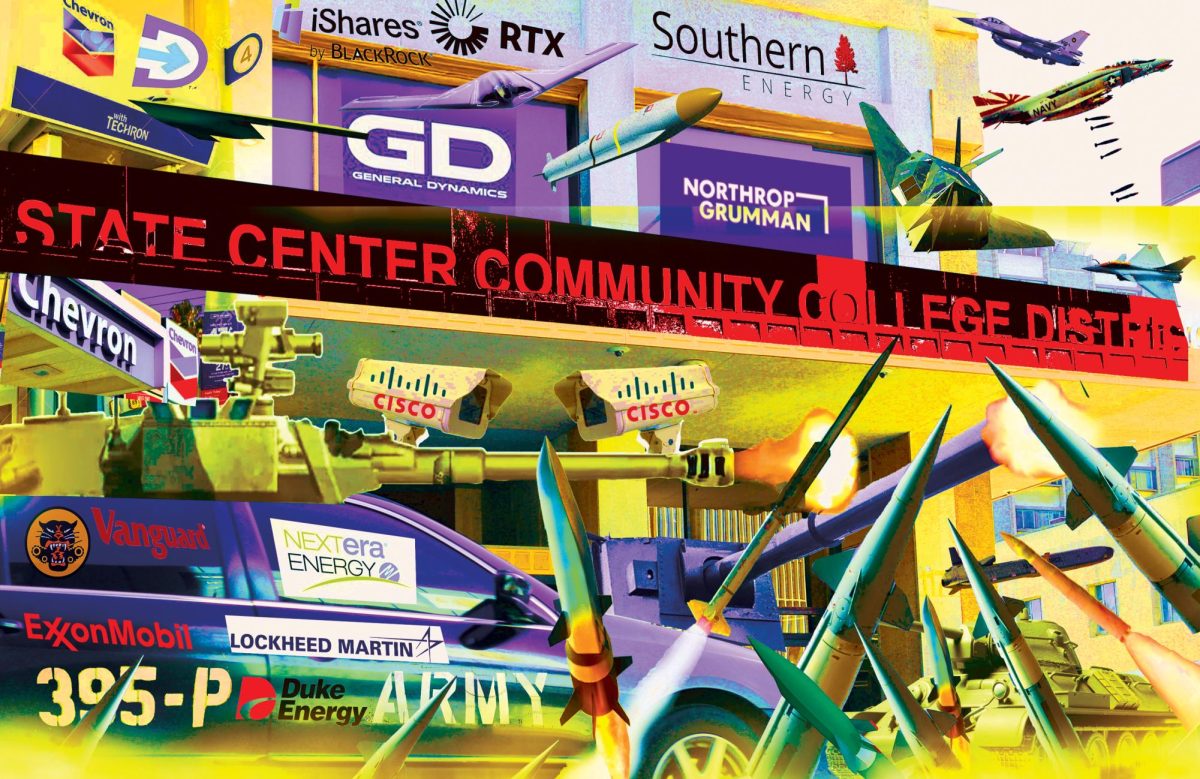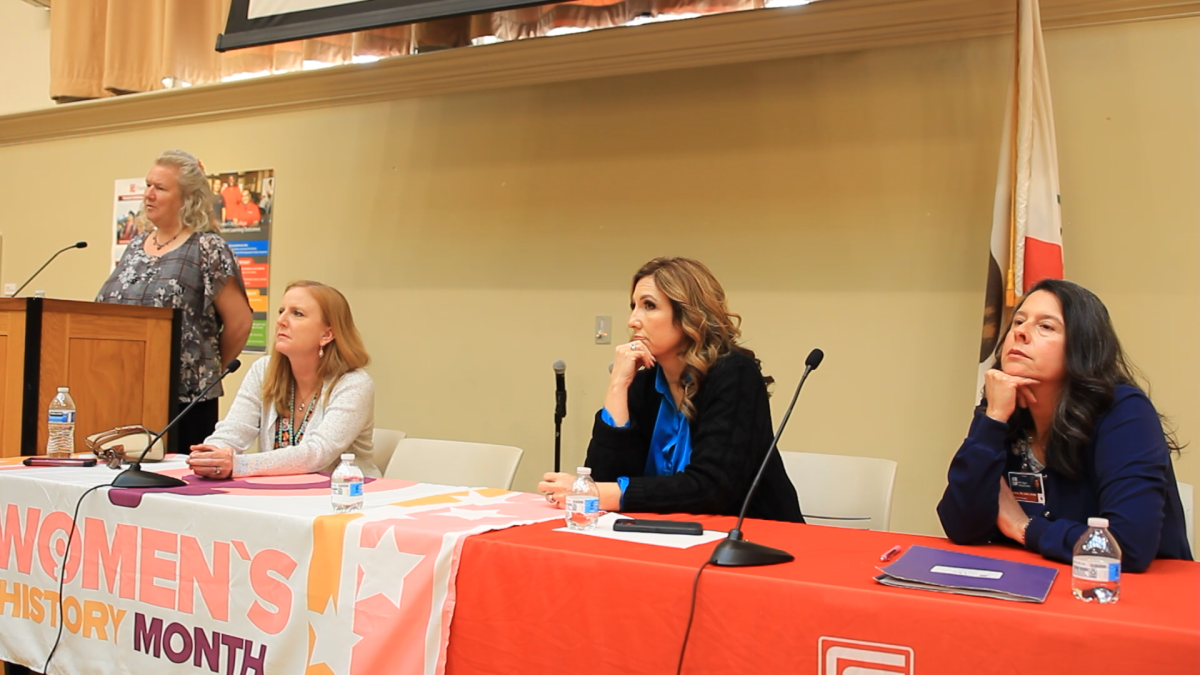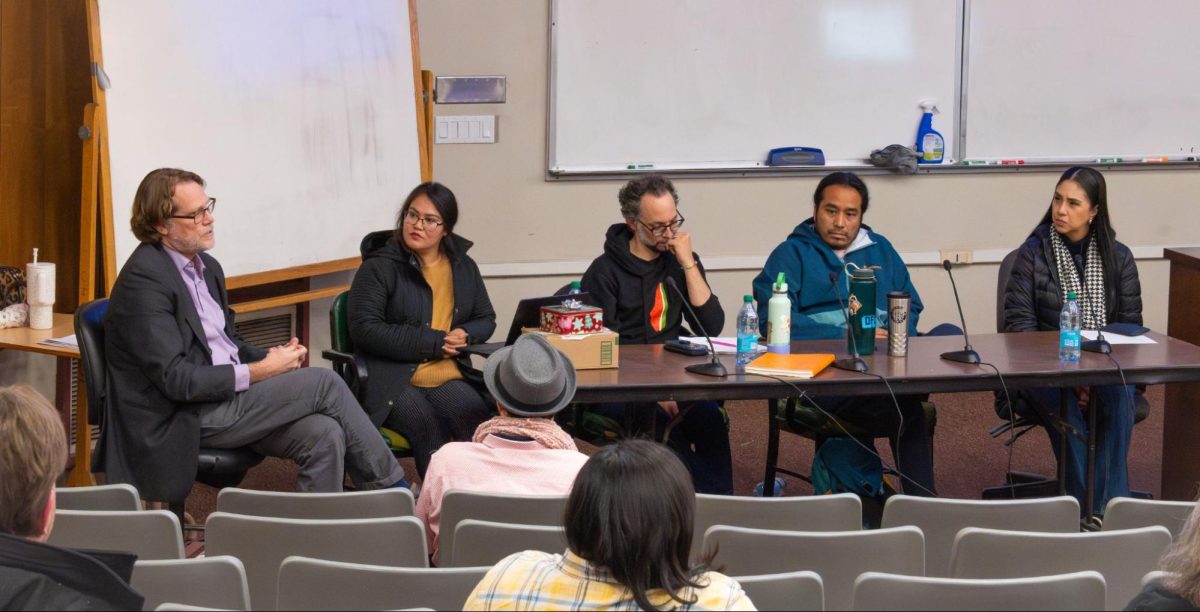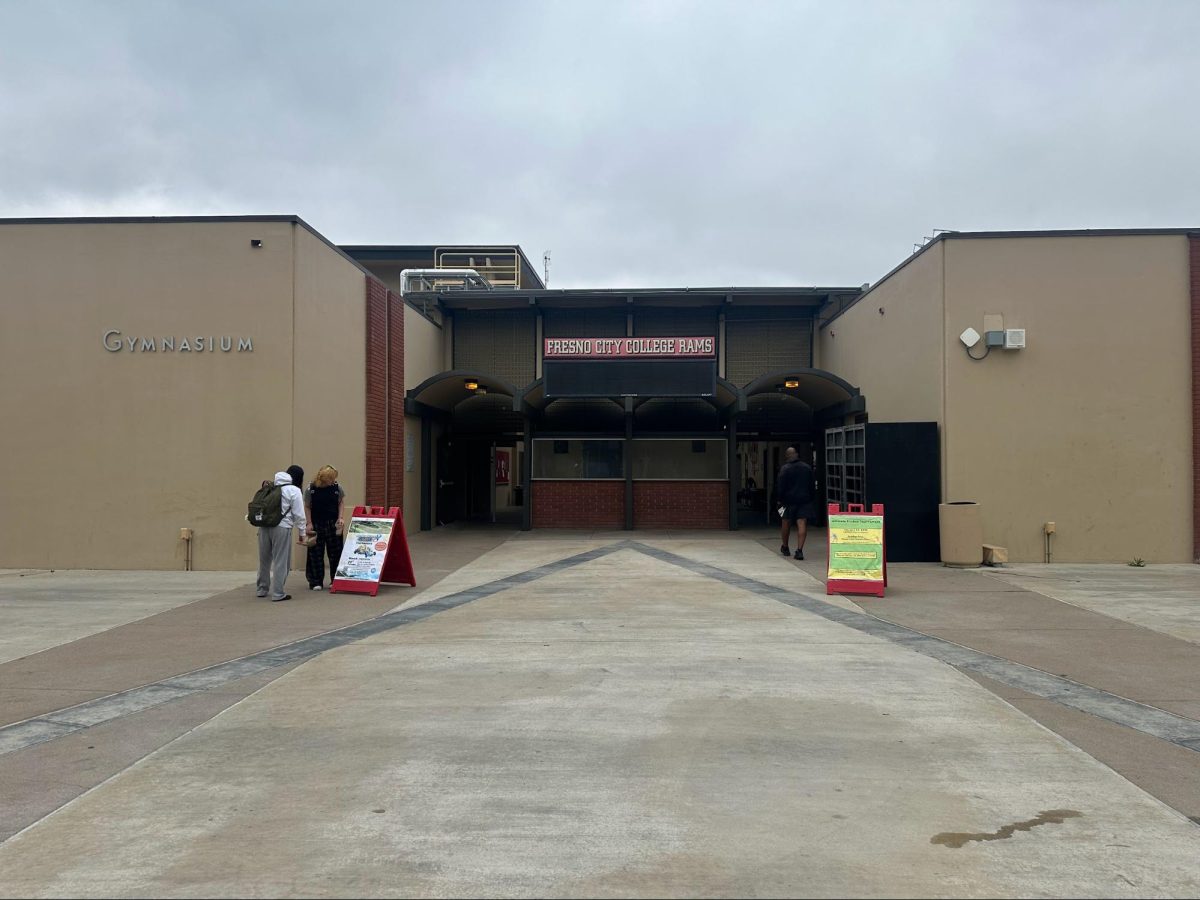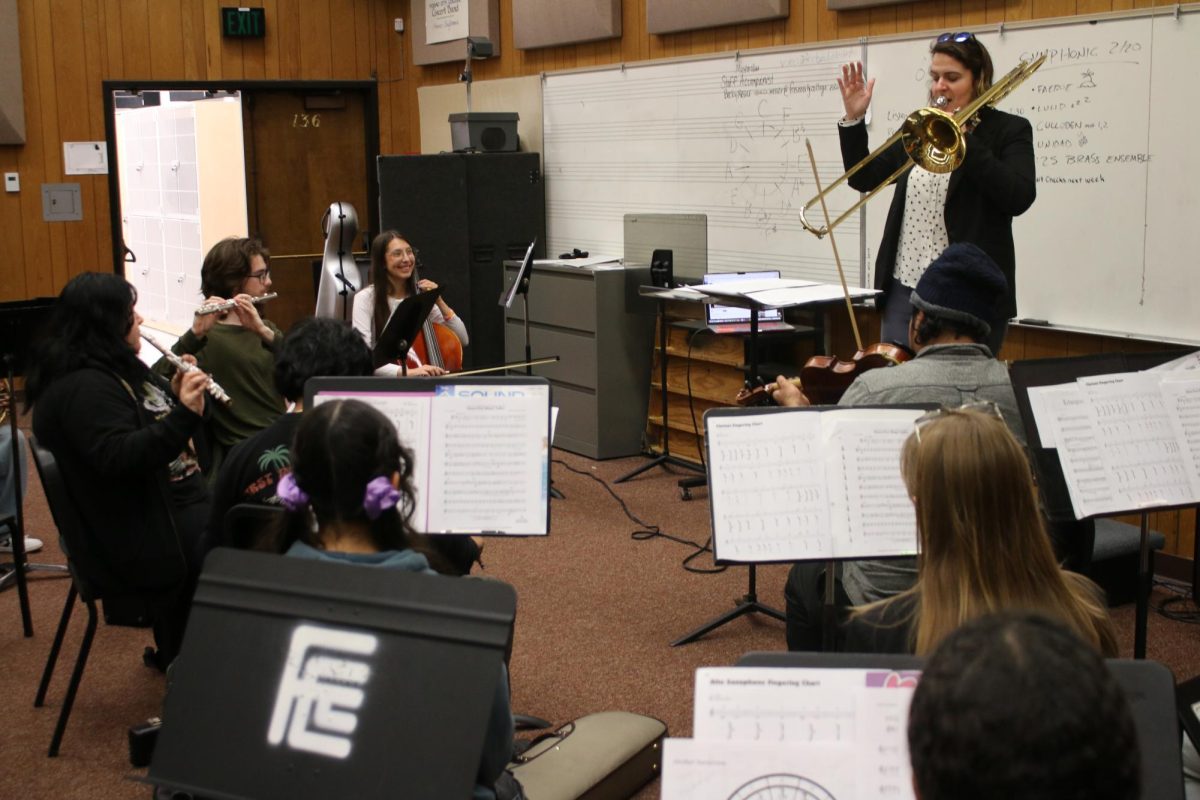After years of advocacy, Fresno City College administrators are set to develop a veteran’s resource center in the old business office. Sometime during the fall 2013 semester, former and active military personnel will have the opportunity to access school and community resources.
Through the expanded budgets made available by the recent passage of Proposition 30, community colleges throughout the state have accelerated their efforts to provide adequate resources for student veterans.
“We’re turning [the location] into a place where veterans can go get some academic advising, get some services that the community provides and get some counseling,” said FCC President Tony Cantu. “We foresee it as a resource center enhancing what we currently have now. The way we have the space set up now, it does have individual offices where we can provide services long-term. It could also be a space where community agencies may be able to come.”
Now that state funding for community colleges has stabilized, veteran’s resource centers have become a top priority throughout California.
“This has also become a priority for the state chancellor’s office,” said Cantu. “There have been some workshops and conferences specifically dealing with the issues and needs that veteran students have and that we need to be made aware of.”
With the influx of veterans returning from the Iraq and Afghanistan wars, the need to provide adequate resources has become increasingly important.
“I think a lot of them, depending of what their background is and what they’ve experienced, may come with issues that we need to deal with, and we need to be cognizant of those,” said Cantu. “You should know when you come to Fresno City College as a veteran: here’s what you do and here’s what we can provide to you.”
Administrators, including Cantu and Vice President of Student Services Dr. Chris Villa, have been working diligently throughout the past year to provide services that meet the unique needs of veterans.
“Last summer, or even last spring semester, there was a taskforce that was formed to take a look at the types of services that we could enhance for veteran students,” said Cantu. “In the meantime, there’ll be some folks visiting about four other colleges. [We’ll] take a look at how they organize it, what they include, what they don’t include and what it is that we can adopt.”
With four brothers who are veterans, including two who served during the Vietnam War, Cantu said he recognizes the needs of veterans looking to re-acclimate to civilian life.
“I think we knew we had to do it and that we’ve got a very active and very vocal veteran’s association now. A lot of it is advocacy,” said Cantu. “And not only that, but I think it’s also recognizing the need. I think we’ve always had support services for veterans. However, now with the current engagements that we’re in, and then the needs that we’re seeing, it’s become a top priority for all of us.”
Veteran’s counselor Mario Repozo understands firsthand the variety of specific needs returning veterans have.
“When I came out [of the military], I had short-term memory problems, depression, sleep problems, all these other things,” said Repozo. “You know, some of these guys have been through wars, PTSD and all these other kinds of issues.”
According to Repozo, veterans are commonly overwhelmed by the process of suddenly adjusting to academic life.
“When they first come here on the first day, a lot of them don’t stay because it’s overwhelming,” he said. “You know, the crowds, sending them from one office to the next, telling them this and the other one tells them that. They get frustrated and they disappear.”
Only a fraction of student veterans, approximately 650, currently take advantage of the benefits that are made available to them.
“The problem is that veterans have a lot of resources,” said Repozo. “But if they don’t know about them, they don’t exist. So you have to empower them.”
The counselor sees the development of a resource center as an opportunity to increase the school’s veteran student body and their retention rates.
“We’ve lost some, you know, to schools where they do have these services and these cushions,” said Repozo. “If the process is easier, they’re going to follow the easier process.”
The counselor said he appreciates the college administrators for having secured adequate resources as quickly as possible.
“Space here is at a premium. People are fighting for every square foot of space. So this is huge for [Cantu] to take the initiative to do something like this,” said Repozo. “He takes this in a very serious vein, and so does Dr. Chris Villa. They’ve definitely tried to make a difference.”
Repozo says he is optimistic that the veteran’s resource center can be the difference between success and failure.
“Veterans will get the support and the encouragement to stay. Because if a veteran stays in school, it’s just a win-win situation,” he said. “First, you have to find a guy or woman stability. Then from there, they’ll be successful. They’re our best students because they’re older, they’re more focused and they’re mission-driven. Once they find their purpose, they go for it.”



